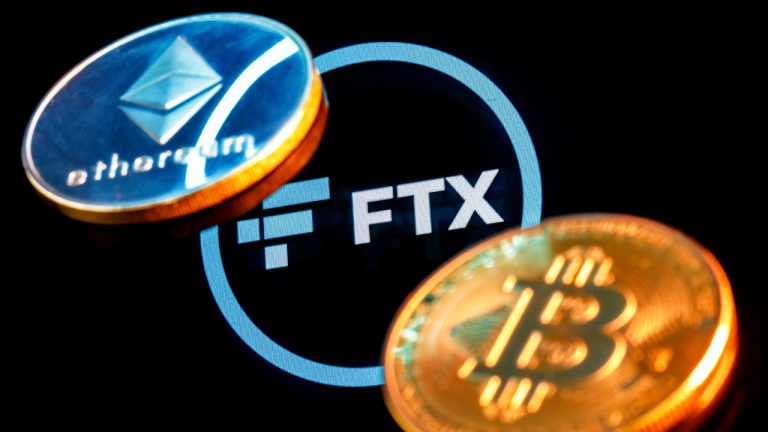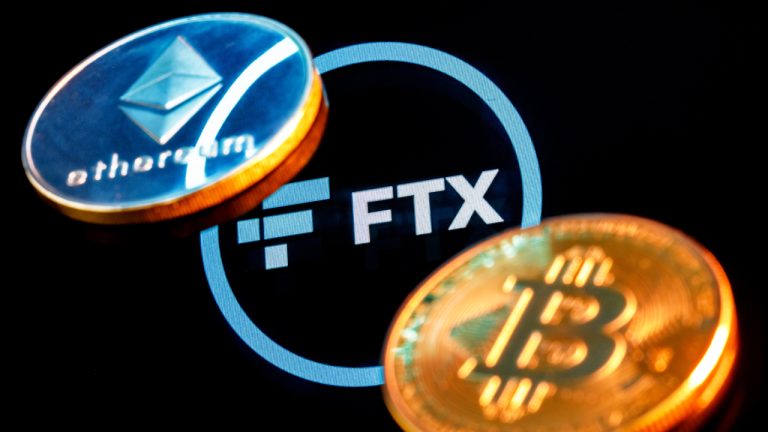
FTX Debtors Report $8.9B Shortfall in Customer Funds and ‘Highly Commingled’ Assets in Latest Presentation

On March 2, 2023, FTX debtors released their second stakeholder presentation, which contains a preliminary analysis of the now-defunct cryptocurrency exchange’s shortfalls. The latest presentation reveals a significant shortfall, as approximately $2.2 billion of the company’s total assets were found in FTX-related addresses, but only $694 million is considered “Category A Assets,” or liquid cryptocurrencies such as bitcoin, tether, or ethereum. In addition, John J. Ray III, FTX’s current CEO, stated that the debtor’s effort had been significant, and he added that the exchange’s assets were “highly commingled.”
A Preliminary Summary of What Contributed to FTX’s $8.9 Billion Shortfall
FTX debtors and CEO John J. Ray III have released a comprehensive presentation documenting FTX’s shortfalls. The preliminary report mentions the cyber attack that occurred the day after FTX filed for Chapter 11 bankruptcy protection on November 11, 2022. In a now-deleted Telegram chat channel, FTX US general counsel Ryne Miller described the exchange being hacked and that the platform was unsafe. The preliminary shortfall analysis refers to this specific cyber attack throughout.
The report also mentions that both FTX and FTX US typically held digital assets in sweep wallets that were not segregated for individual customers. The debtors noted that due to the cyber attack, the company’s computing environment was secured and “remains subject to certain restrictions,” limiting access to crucial data. The report categorizes FTX’s holdings into two groups: “Category A Assets,” which have larger market caps and trading volumes, and “Category B Assets,” which do not meet the liquidity requirements of Category A Assets.
However, despite identifying all the assets, an $8.9 billion shortfall remains. “There is a substantial shortfall at the FTX.com exchange at the time of the petition, defined as the difference between digital asset claims on the FTX.com ledger and digital assets available to satisfy those claims,” the report states. “The shortfall is particularly significant for Category A Assets. Only a small amount of cash, stablecoin, [bitcoin], [ethereum], and other Category A Assets remain in wallets preliminarily associated with the FTX.com exchange.”
The report also notes that while the shortfall at FTX US was substantial, it was smaller than that of the international exchange. In a press release, CEO Ray shared his thoughts on the presentation and mentioned that funds were commingled and record-keeping was inadequate.
“This is the second in what the FTX Debtors anticipate will be a series of presentations as we continue to uncover the facts of this situation,” Ray said in a statement. “It has taken a huge effort to get this far. The exchanges’ assets were highly commingled, and their books and records are incomplete and, in many cases, totally absent.” He stressed that the information provided by the debtors was preliminary and subject to change.
One interesting aspect of the latest debtors’ presentation is that ftx token (FTT), the company’s exchange coin, is classified as a Category B Asset. While BTC and ETH are Category A Assets, SOL, MATIC, UNI, SHIB, PAXG, WBTC, and WETH are also considered A-class assets. The report also highlights the daily deposits and withdrawals made 90 days prior to the bankruptcy petition date.
Additionally, the exchange’s shortfall does not include Alameda Research assets, which consist of $956 million worth of solana (SOL) and aptos (APT), $820 million held at third-party exchanges, $185 million in stablecoin assets held in cold storage, and $169 million in bitcoin (BTC) held in cold storage.
What do you think the fallout of FTX’s significant shortfall will be for stakeholders? Let us know what you think about this subject in the comments section below.
Go to Source
Author: Jamie Redman









